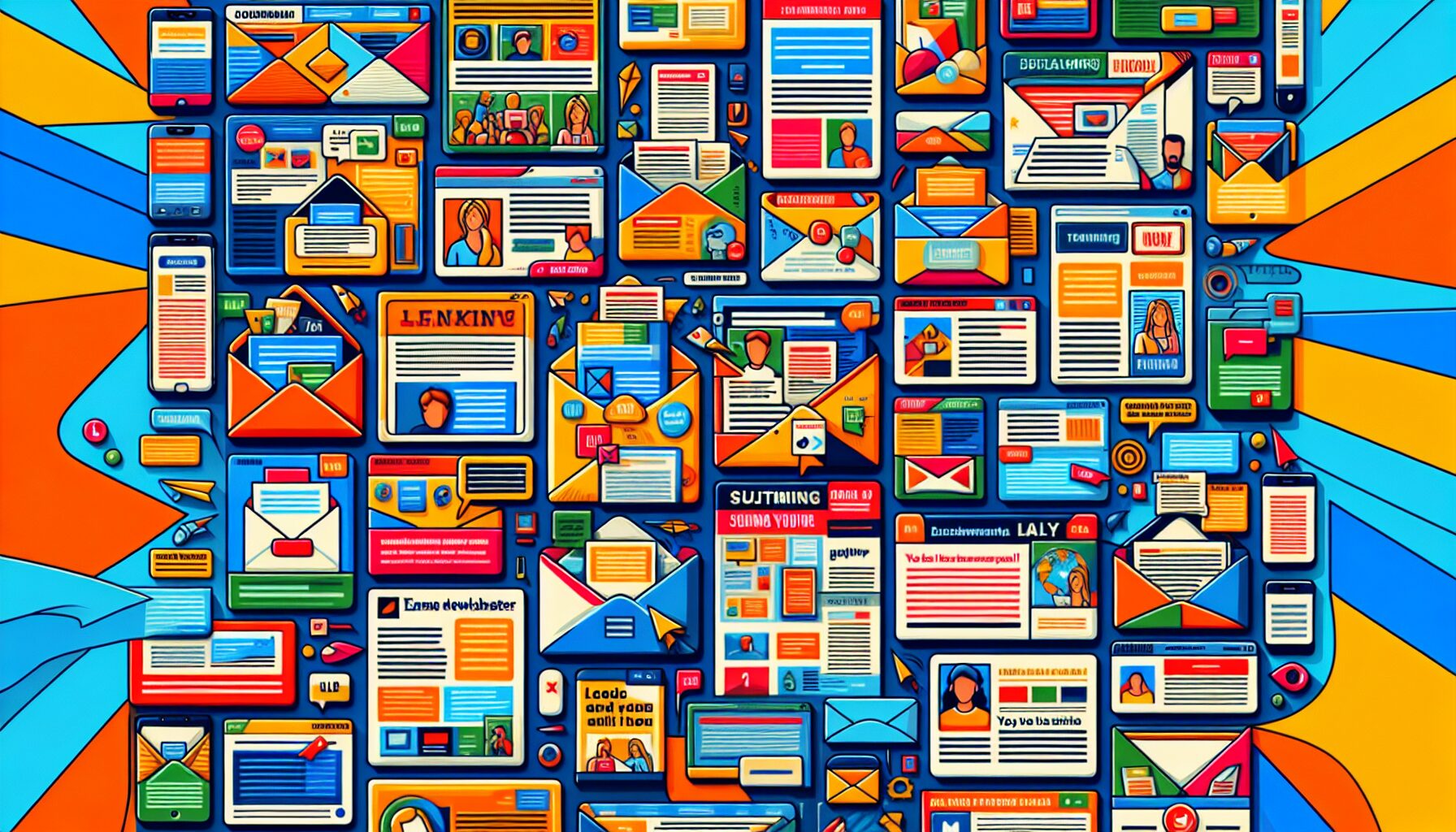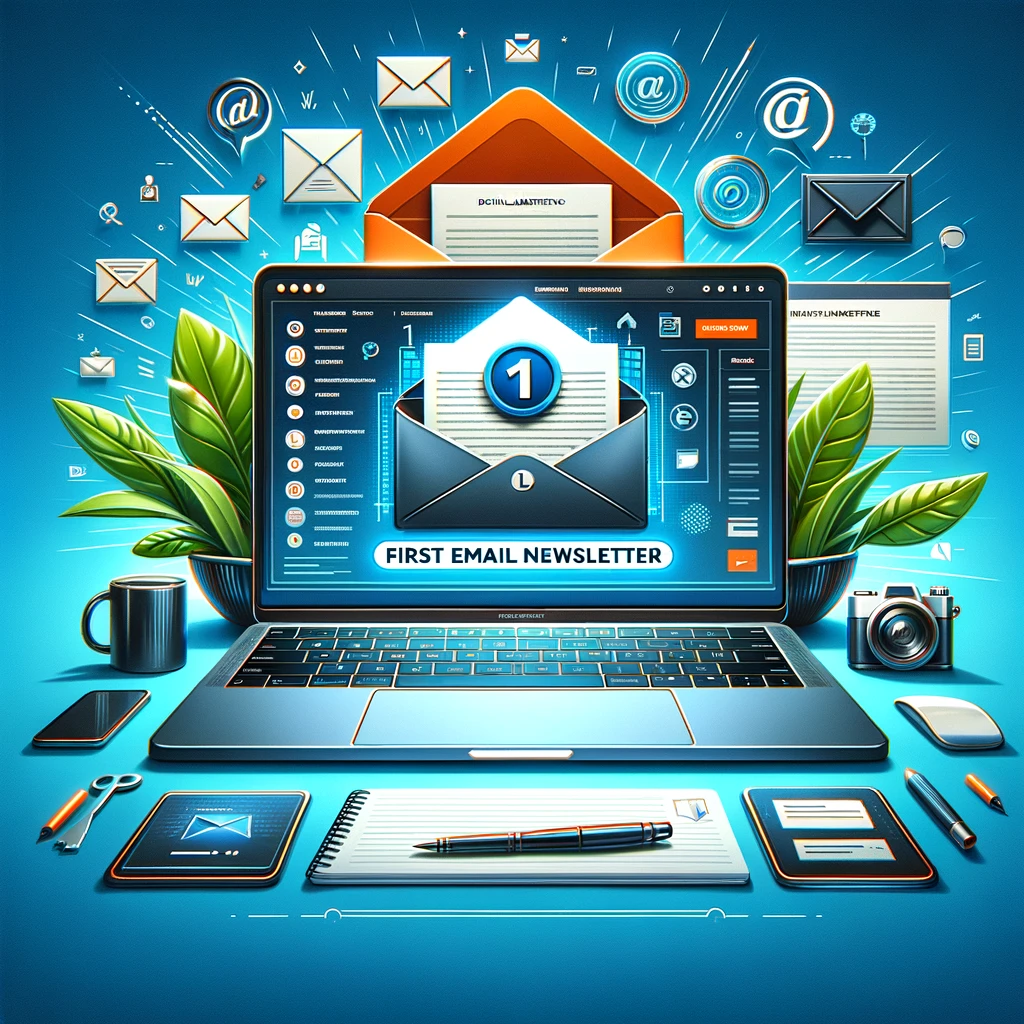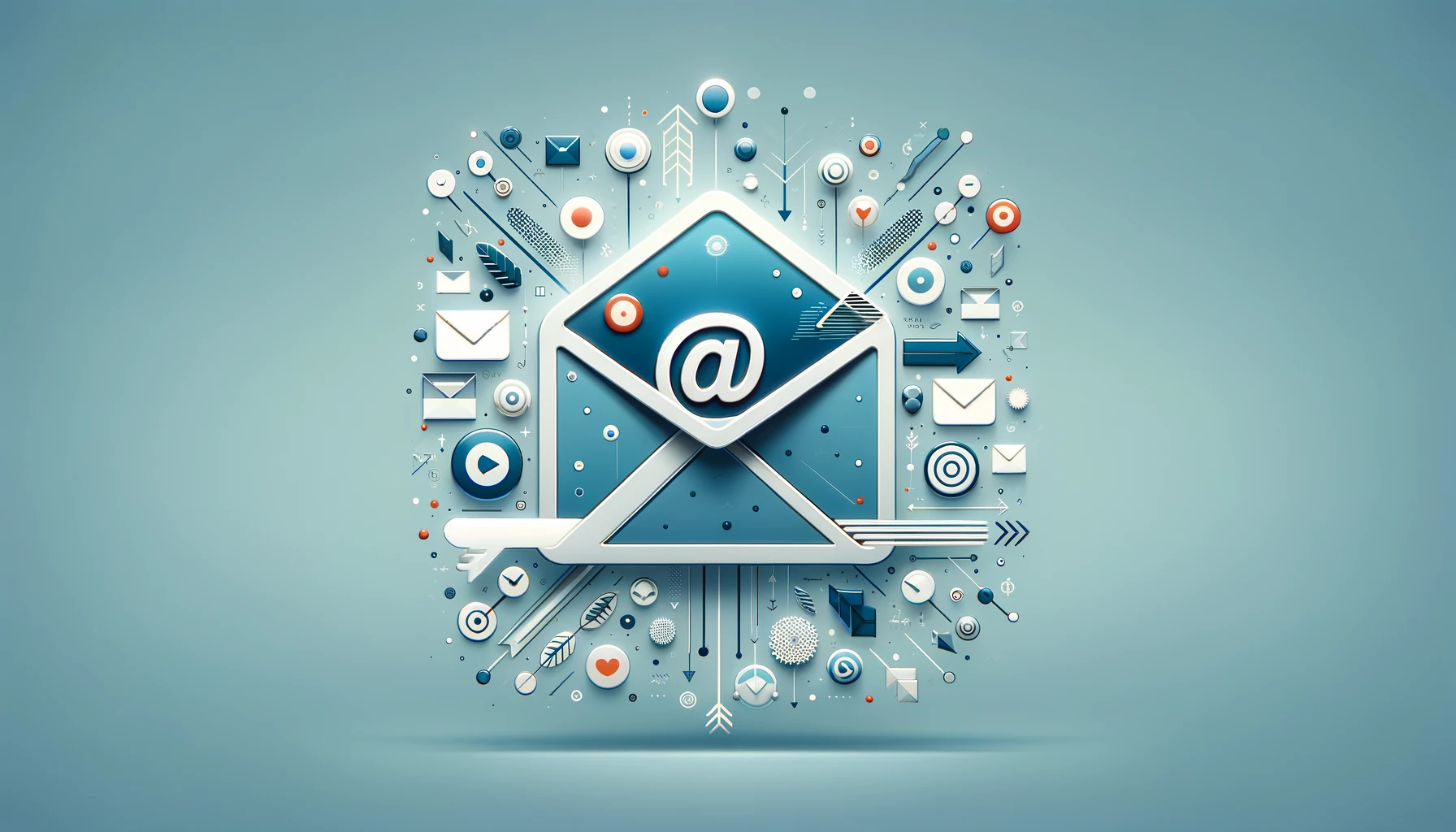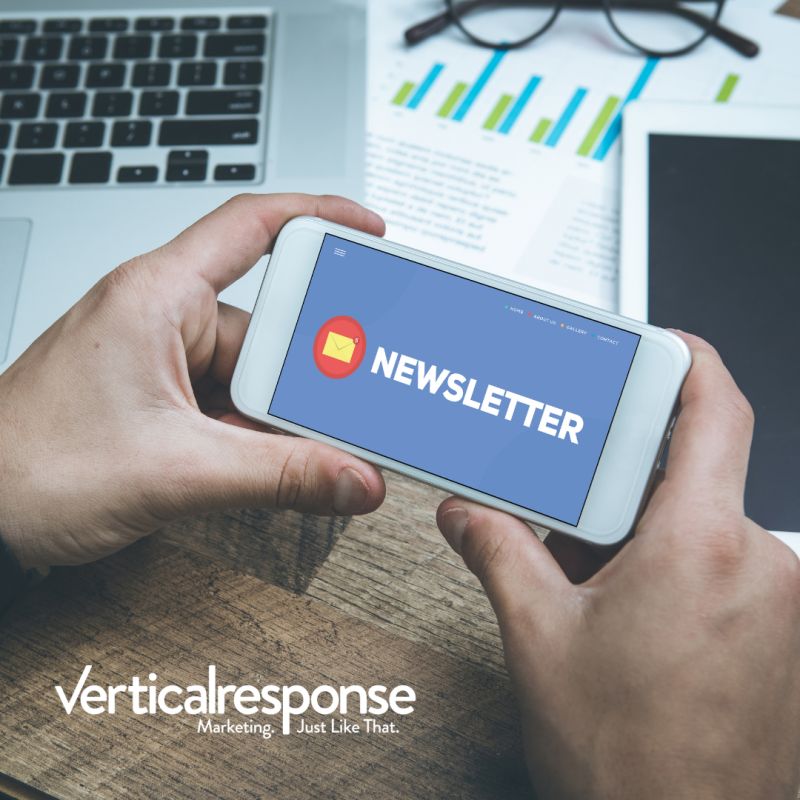
7 golden steps to creating an effective email newsletter
Do you remember the theme song to “The Golden Girls”? Sing it with us: “Thank you for being a friend. Traveled down the road and back again. Your heart is true, you’re a pal and a confidant.” In the world of email marketing, guess whom your customers’ pal and confidant is? Ding, ding! Your email newsletter — and there’s research to prove it!
According to the Nielsen Norman Group’s extensive Email Newsletter Usability report (based on 270 email newsletters across 6 different countries), readers feel an emotional attachment to their email newsletters:
“Newsletters feel personal because they arrive in users’ inboxes, and users have an ongoing relationship with them… The positive aspect of this emotional relationship is that newsletters can create much more of a bond between users and a company than a website can.”
So how do we keep that bond with our customers and ensure we remain connected to our readers? Follow these seven steps and you’ll be golden.
1. Be informative
Being informative and relevant is the be-all, end-all in the newsletter realm. Telling useful and compelling stories is also how we catch up with friends. If your email looks like a newsletter, but isn’t full of valuable, interesting, educational content, then it isn’t really a newsletter, nor is it a very good friend. But what do people consider valuable content?
According to the Nielsen Norman Group, more than 40 percent of users said that each of the following aspects make for valuable email newsletters:
- Work-related news or company actions (mentioned by two-thirds of users)
- Items about personal interests and hobbies
- Items about events, deadlines, and other important dates
- Reports on prices or sales
Lisa Lillien, aka Hungry Girl, has an enlightening daily newsletter (with more than 1 million subscribers!). If you love food, but you’re watching your weight, she’s got the know-how on just about everything – including newly released low fat/cal sweets, eats, and recipes. Starting with just an email newsletter in 2004, Hungry Girl today has exploded into “New York Times” bestselling book deals, a Food Network TV show, and features on “The Rachel Ray Show,” “Good Morning America,” and more. Looks like an informative newsletter pays off!
Here are some examples of informative content you can include in a newsletter:
- Blog posts
- Tips, tactics, how-to’s, and tutorials
- Industry news/third party news
- Events, dates to remember, and holidays
- Interesting facts
- Reviews
- Photos
- Contests/contest winners
- Resources
- Company news: updates, improvements, new products, awards, volunteer projects, etc.
- Infographics
- Webinars or videos
- Testimonials
- Recipes
- Fan photos
2. Lose the (sales) hype
People like to be informed of sales, but selling shouldn’t be the main focus of an email newsletter — send your offers in promo-specific emails. Think of your newsletter as a trusted friend that your reader has let into their “home” (i.e., the inbox). If someone lets you into their home and you instantly transform into a pushy salesman, they’re going to think twice about opening the door for you again. Your newsletter is no different. If you want to plug a sale or a product in your newsletter, do so like a friend would: “Did you know we’re having a friends and family sale this Saturday? You can save 50%!” and leave it at that.
3. Keep it brief and aim for a click
Guess how long the average person spends reading a newsletter? 51 seconds. Don’t let that get you down, though — attention spans are spread thin. Keeping your content scannable with content blocks, brief blurbs, snapshots, takeaways, or bullet points, and including call to action buttons, will give your readers’ tired eyes some relief. But remember, friendship is give and take, and you deserve something too. Satisfy your readers with just enough info, but leave them eager to learn more. Lead readers back to your site, blog, or social media network for more info. The point of a newsletter isn’t to make a sale; it’s to build a relationship with your audience, to inform and educate, and to snag some clicks. All of which, with any luck, will eventually lead to a sale.
Put clear, strong, and specific calls to action after each content block so your readers know they need to “Learn More,” “Read More,” or “Watch the Video” for more juicy details.
4. Be reliable and consistent
Flaky friends: We have them, we love them, but they’re unreliable, unpredictable, and the more they flake, the less likely we look to them for friendship. The same goes for your newsletter. If you tell readers to look for your newsletter each week, you’d better be there. Pick a frequency, whether it be daily, weekly, monthly — and stick to it. Make sure to tell readers on your opt-in form just how often they can expect to hear from you. Some people don’t like surprises, last-minute drop-ins, or no-shows.
According to the Nielsen Norman Group, “69 percent of users said that they look forward to receiving at least one newsletter, and most users said a newsletter had become part of their routine. Very few other promotional efforts can claim this degree of customer buy-in.”
5. Have a compelling opening line
First impressions are important for establishing any type of relationship, professional or personal. How you introduce yourself to someone can pique or fizzle the listener’s interest in continuing a conversation. The same goes for your email newsletter’s subject line. If the subject line isn’t compelling, interesting, intriguing, or thought provoking, your reader may not make it past “Hello.” In fact, as the Nielsen Norman Group found, “Some users who forwarded email newsletters on to others said they sometimes changed the subject line to make it more interesting.”
In your “From Label,” state clearly whom the email newsletter is coming from. Typically, use your company name instead of your personal name.
When crafting your newsletter subject line, avoid using generic lines like: June Newsletter, Your Monthly Newsletter, This Week’s Newsletter, The Insider. Make sure to take advantage of your pre-header, too — it’s like a secondary subject line (and possibly a second chance to make a good impression!).
The word “newsletter” isn’t instructive or informative, and it pushes valuable information out of view in your readers’ inboxes.
6. Respond
Nothing’s worse than talking to a friend who clearly isn’t listening. You ask a question and all you get are crickets. Using a “do not reply” email address when sending out a newsletter indicates to recipients that any responses will not be seen or answered. Allowing customers to reply to your email newsletter, and in turn responding to those inquiries or comments, lets your readers know a friend is listening on the other end. You’ll also receive valuable insight, feedback, and questions that very well may improve your newsletter for next time.
7. Let them opt out easily
Breakups are rough, but would you rather someone break up with you calmly, or unknowingly throw you under a bus? A person unsubscribing from your newsletter is just a fact of life, and it’s nothing to take personally. However, the harder you make it for someone to unsubscribe, the easier it allows them to click that seemingly insignificant “spam” button, and under the bus you go. Let your readers go easily if they so desire (they can always come back!) and make your unsubscribe link easy to find. Otherwise, sitting in a spam box will only cause your delivery, open, and clickthrough rates to go down.
Creating a personable, presentable, and effective email newsletter takes work, but it creates a friendship with your customers that most marketing strategies can’t. Follow these seven golden steps, and your customers will “thank you for being a friend.”
Join 140,000 small business owners
Editor’s note: This blog post was originally published in June 2013 and has been revamped and updated for accuracy and relevance.
© 2017 – 2018, Contributing Author. All rights reserved.
 SUBSCRIBE
SUBSCRIBE 


